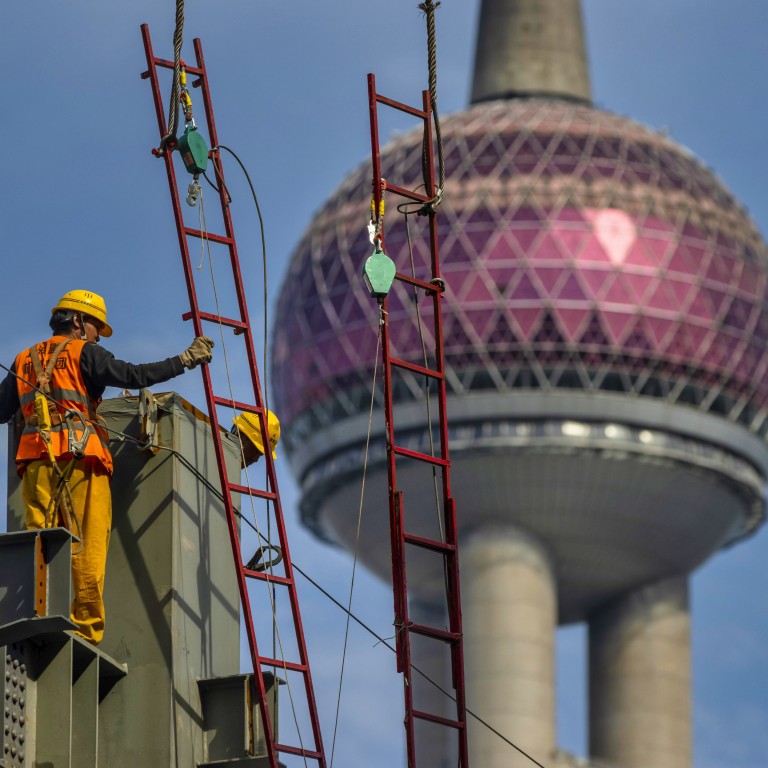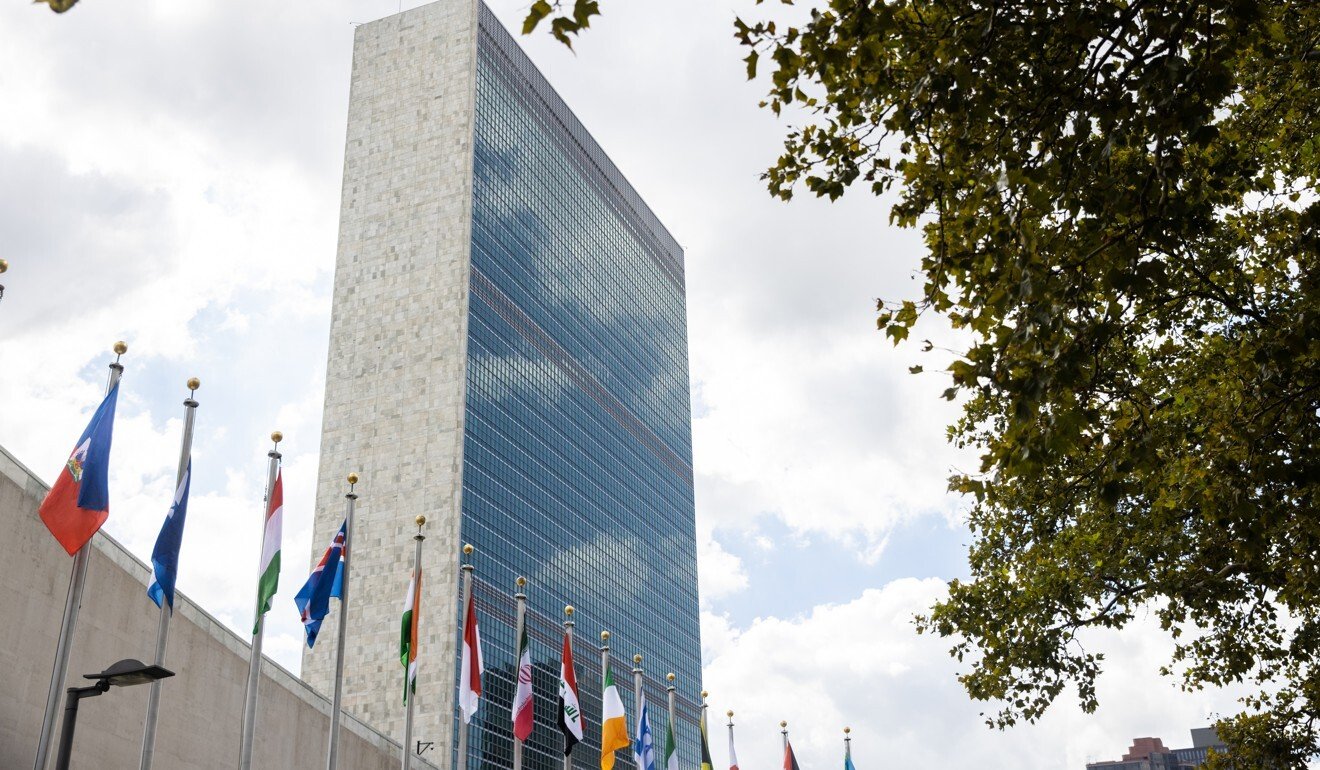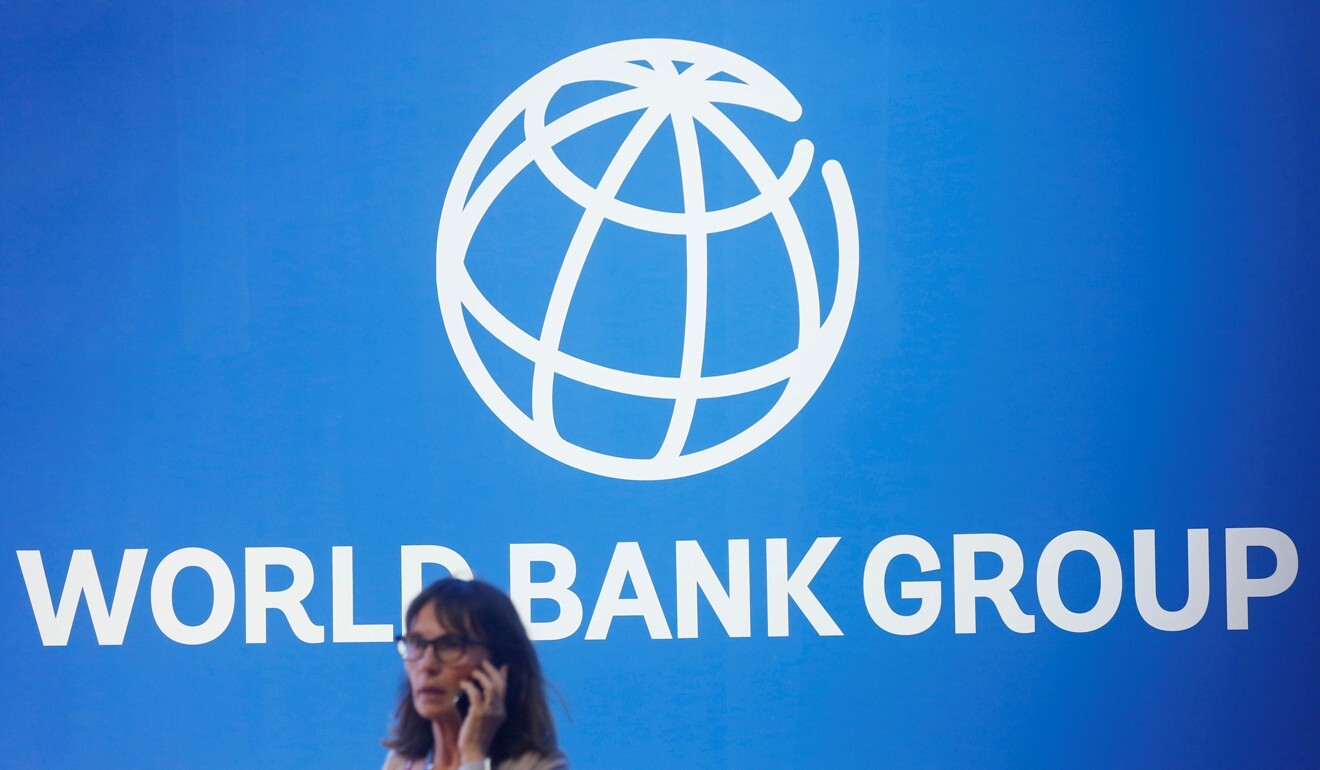
Time for fresh look at China’s unique global donor-borrower role: report
- Centre for Global Development says China is second in voting power in development banks and made large contributions to United Nations agencies
- ‘It’s taken its place as a major donor alongside countries like the US and Japan, but it’s still benefiting from the system,’ an author of the report says

Sarah Rose, a co-author of the report and a policy fellow at the centre, a non-profit research and policy group in Washington, said that as China’s voluntary contributions had increased, the country had come to occupy a special role.
“China is in a unique position: it’s taken its place as a major donor alongside countries like the US and Japan, but it’s still benefiting from the system at the same time, to the tune of billions of dollars in subsidised loans and procurement contracts,” she said.
“It’s a position that gives China quite a lot of power and influence across these institutions.”
The Centre for Global Development report found that, over the last decade, contractors from China had secured more World Bank procurement contracts than any other country, in all about 20 per cent of their value – 25 times higher than those won by US firms.

One reason for the strong performance, the report said, could be that the Chinese firms were particularly active and competitive in sectors that tended to dominate the multilateral development bank procurement, such as energy, water, and transport.
The study also referred to subsidies from the Chinese government that might have benefited state-owned contractors and let them undercut the bids of other contractors.
While China had become a large donor, its ranking as a recipient of multilateral institutional financing and international aid had fallen, though it remained a major borrower at lenders such as the Asian Development Bank and the New Development Bank, the study found.
IMF briefed on probe into China’s ‘Doing Business’ report rankings at World Bank
China has dropped from being the second-largest borrower to the seventh-largest for the ADB. Its ranking for the International Bank for Reconstruction and Development fell to No 9 in 2020, after being among the bank’s top five borrowers between 2012 and 2018, the study found.
Rowan Rockafellow, a research assistant at the centre and co-author of the report, said China has increasingly given money to the world’s poorest countries through development banks, while the US had reduced its contributions.
China’s engagement with the UN system has also evolved significantly within the last decade. It was the fifth-largest contributor, behind the US, Germany, Britain and Japan, in 2019 as its financing and peacekeeping cooperation with the UN grew, according to the study.
China’s contributions to large UN development organisations rose 250 per cent between 2010 and 2019, with significant growth in contributions to agricultural, food security and children’s fund programmes, the report said.
At the same time, the largest source of aid to China, the UN Development Programme, has reduced its funding for the country over the past decade. But a handful of smaller agencies, including the International Labour Organization, World Health Organization and the Food and Agriculture Organization, increased their funding to the country, the study found.

